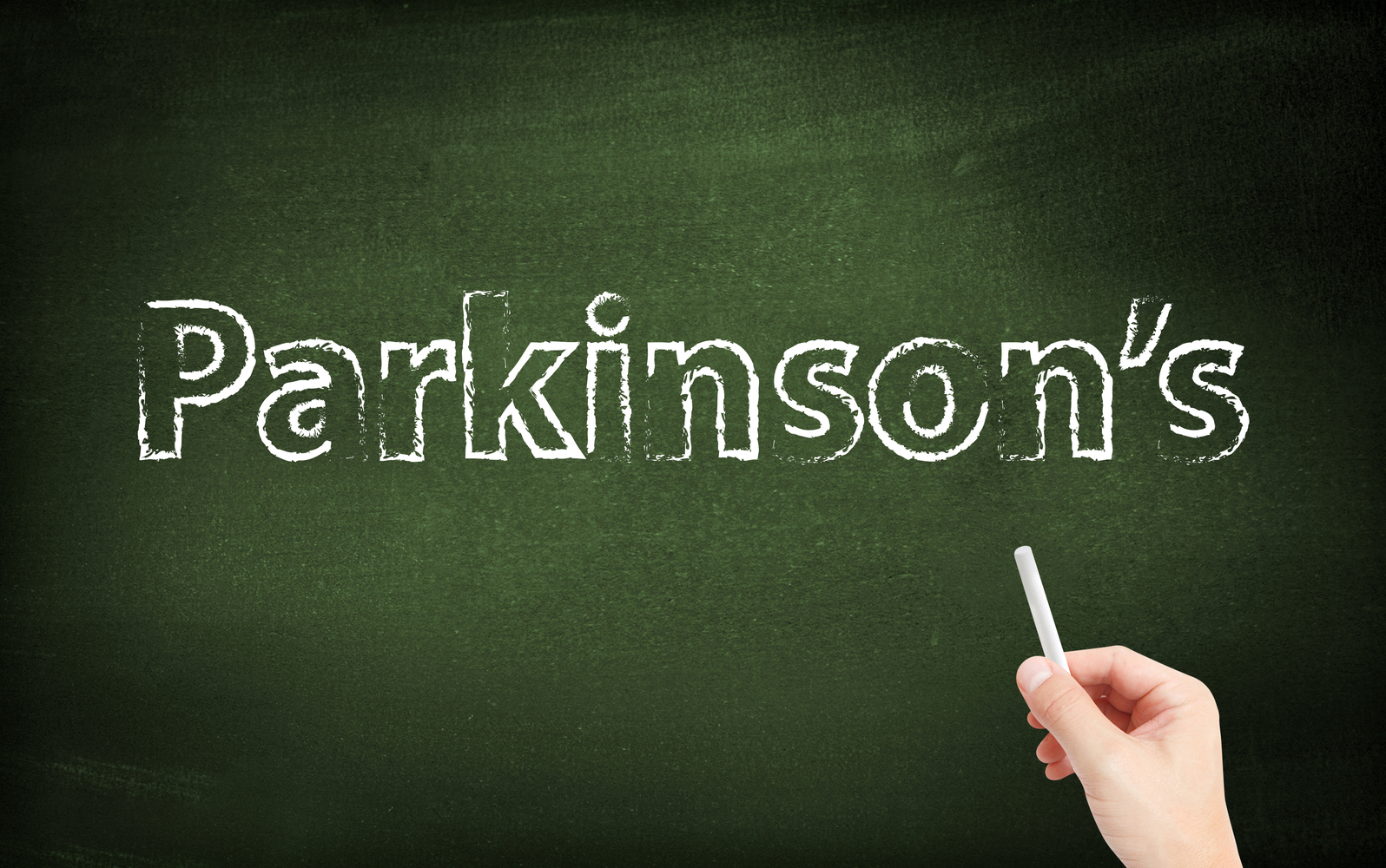
Early Signs of Parkinson’s Disease
Treatments And Medications To Consider
Parkinson’s disease, a brain disorder that impacts the nervous system, results in tremors or unintended movements known as dyskinesia and other symptoms that progress over time. There is no known cure for this disease, however, there are some medications and treatments such as Austedo XR that can help you manage your symptoms. The following are early signs of Parkinson’s disease:
1. Dyskinesia
Dyskinesia is often one of the first signs of Parkinson’s. It is characterized by uncontrollable muscle movements, typically beginning in the fingers or hand, like jerks, twitches, or tremors. As the disease progresses, these movements can impact other areas of the body, such as the face and neck, arms, legs, jaw, and more.
2. Issues with sleep
Individuals with Parkinson’s may experience challenges with sleep, whether that be insomnia (challenges with falling asleep) or fragmented sleep (waking up multiple times throughout the night). With Parkinson’s, not getting enough sleep can be hard on your body as it is the time when your body and brain repairs itself, so it’s important to see your doctor for advice or medications that can help.
3. Urination problems
With Parkinson’s impacting the nervous system, this can affect the messages your brain sends to your bladder. You may experience a frequent and urgent need to urinate even if the bladder is not full, waking up throughout the night with an urgent need to urinate, or urinary incontinence.
4. Fatigue
If your feelings of tiredness don’t go away with a nap or a good night’s rest, this is known as fatigue. This can vary by day, with feelings of energy and fitness one day, and the inability to do anything due to fatigue the next. This is thought to occur due to chemical changes in the brain and can also result in mental fatigue or an inability to concentrate.
5. Stiffness and inflexibility
Parkinson’s can result in stiffness in the muscles, also described as rigidity or inflexibility. Patients may even experience cramps as a result of stiffness. This symptom can make every day tasks such as writing, tying shoe laces, or doing up buttons much more challenging. The muscles also likely won’t be able to relax or stretch.
6. Slowed movements or bradykinesia
Bradykinesia, or slowed movements, are associated with Parkinson’s. You may notice yourself taking longer to do things, for example, your walking may become shuffling or you may notice issues with coordination. Overall, bradykinesia results in everyday tasks becoming slowed.


